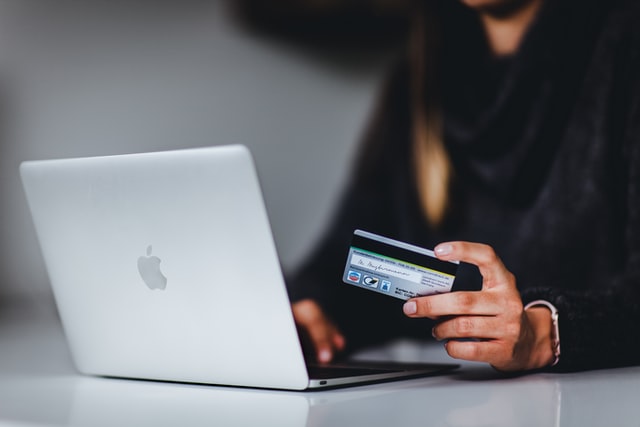One of the most ingenious inventions in the banking and finance sector has been the introduction of credit cards. However, during unsettling economic times, the drawbacks of a credit card, on the other hand, significantly exceed the benefits. One of the common criticisms of this plastic-money system has been that it encourages unplanned or impulsive spending.
Amidst the COVID-19 pandemic, the loss of jobs, medical crisis, and business failures has left consumers financially vulnerable. In fact, credit card debts in such situations are usually the first to get out of hand as a result of hefty fines and charges that are compounded on daily balances. This often leads to the situation of ‘Credit Card Defaults’.
What is Credit Card Default?
Simply put, credit card defaults happen when a cardholder has significantly fallen behind on credit card payments. Defaulting on payments has significant consequences that tarnish not just your relationship with that credit card provider, but also your overall credit score and ability to get other credit-based services. Missing credit card dues once or twice however does not constitute a ‘default’ per se. A default occurs when the cardholder fails to pay the Minimum Account Due (5% of the total amount due + Active EMIs + Past Dues) due on a credit card for a substantial period of time (usually 6 months).
Debt Delinquency Timeline
Delinquency can be summarized into levels, depending on how many payments the cardholder has missed. When you’ve become severely delinquent on your credit card payments, the bank is bound to take action against you. The same has been elucidated step-wise based on the total period of default.
- Immediately Post Due Date: In the present case, the default is usually met with reminders telephonically on your registered mobile number, or electronically via e-mails and SMS. This process usually serves as a reminder for missed payments, with the benefit of the doubt in the favour of the cardholder. However, the financial institution may add a late-fees to your credit card account.
- 2. 30-60 Days Post Due Date: In this scenario, the Financial Institution will communicate with a greater sense of urgency. Typically, the bank will mark the cardholder as delinquent for the number of days of unpaid dues, and the cardholder will be met with frequent phone calls, e-mails, etc. The cardholder will be charged greater penalties, and higher late fees and the credit card score will drop further.
- 90 Days Post Due Date: At this point, the financial institution may ‘charge-off’ the debt as hopeless. The cardholder’s account may be sent to loan recovery agents, or the financial institution may institute a police complaint or send a legal notice.
- 190 Days Post Due Date: In the case of over 190 Days of delinquency the bank may deem your account as Non-performing Assets (NPA), and the creditor may institute a lawsuit against you, or sell your assets to a third-party debt collector.
How to Avoid Credit Card Delinquency?
Managing your debt responsibly is the best way to avoid delinquency on credit cards. Thus, it is advisable to make timely payment of dues, or at least the minimum dues to avoid serious repercussions. Here are some suggestions:
- Autopay: In case you have numerous monthly bills and find it difficult to keep track of them, setting up an autopay system with the creditor might help you avoid missing payments.
- Balance Transfers: Alternatively, for clearing debts in the short term, you can consolidate outstanding amounts from multiple credit-card accounts into one with a balance transfer.
- Communication: Communicating with the credit card company will make them more likely to work with you towards a solution. If you are getting behind on your payments it is advisable to inform the creditor. You may even negotiate a one-time settlement with the creditor if the debt becomes impossible to pay off.
- Personal Loans: To save yourself from costly litigation and visits from loan recovery agents, it may be advisable to procure a personal loan to clear off the pending debt. Personal loans require minimal paperwork and are readily available at reasonable interest rates.
- Filing for Bankruptcy: The last solution to the problem of ever-mounting credit card debt is filing for bankruptcy. Under the personal insolvency laws the debtor may approach the courts to either restructure their debt or to liquidate their assets and distribute the value to the creditor. The process of bankruptcy balances the interests of both, the creditor (by ensuring repayments) as well as the debtor (by relieving him from debt).
Conclusion
While credit delinquency is never a good thing, however in certain situations it becomes unavoidable. If the mounting credit card bills are impossible to afford, you may consider contacting a consumer credit counselling or settlement agency. However, once you are out of debt you must endeavour to disseminate the negative information on your credit reports and re-earn the trust of creditors by demonstrating to them that you can manage credit responsibly.
If you have defaulted on your credit card bills and are not able to repay, explore credit card settlement. Register and talk to our counsellors for more information.

